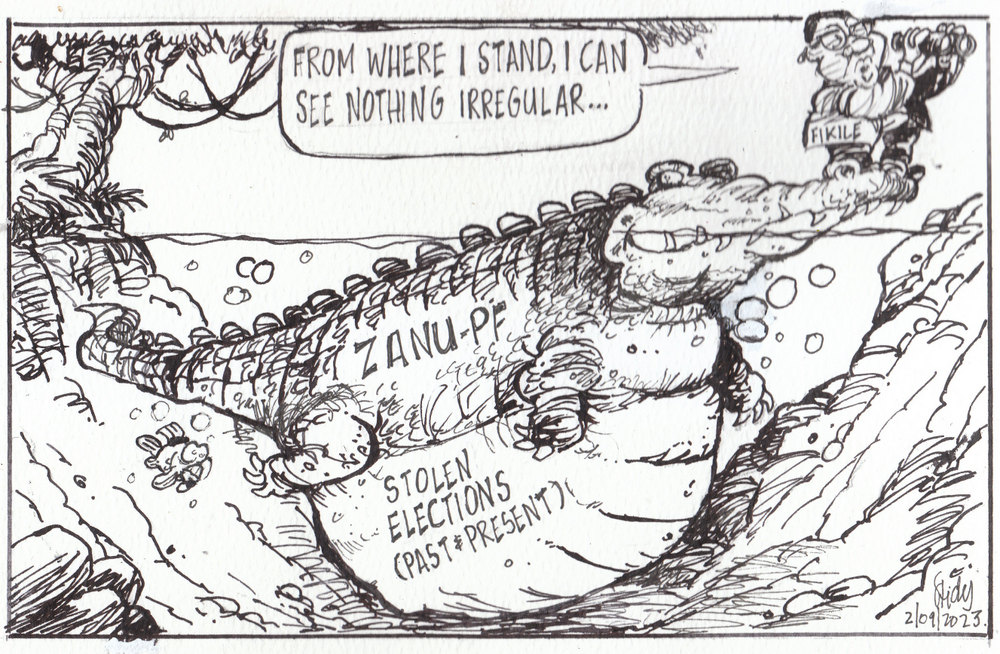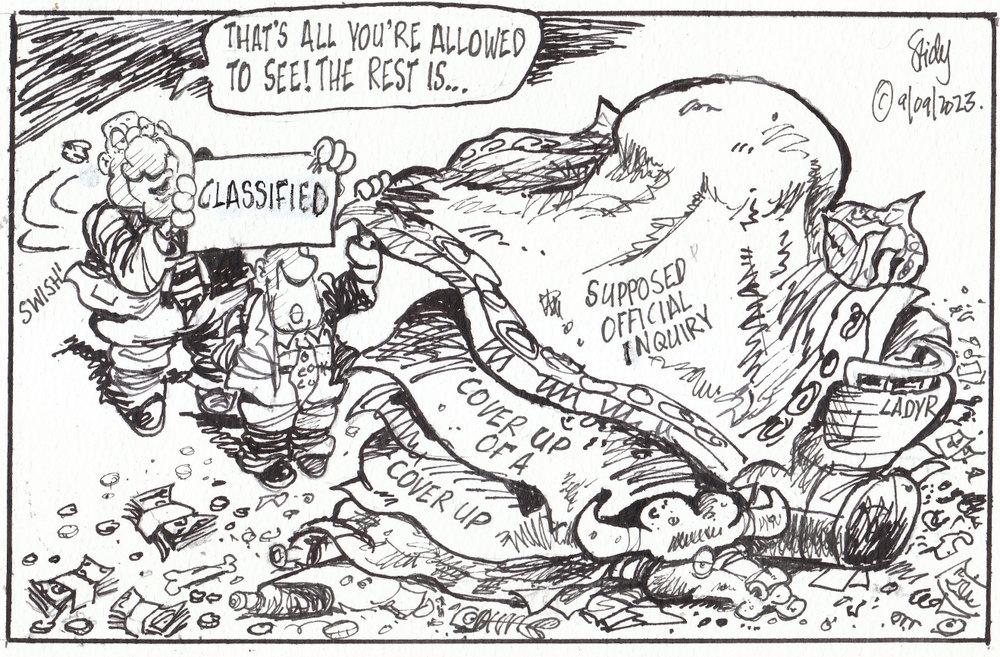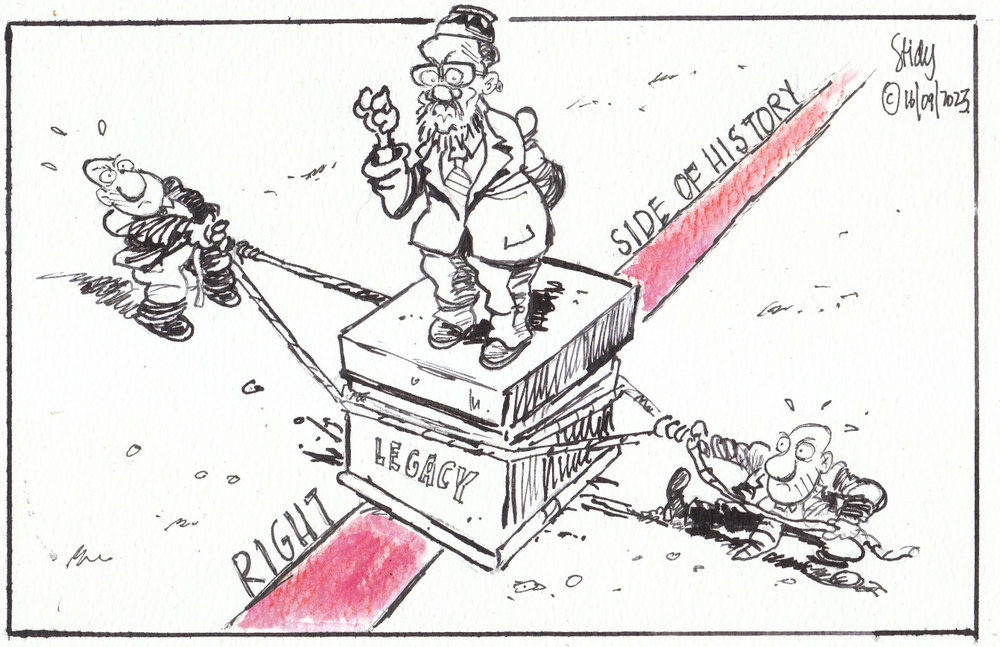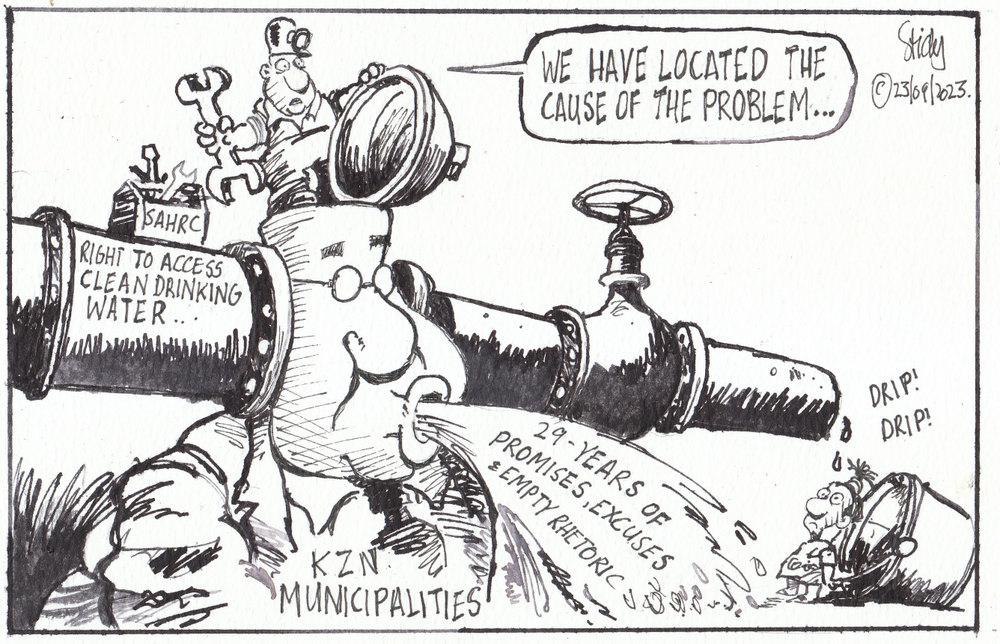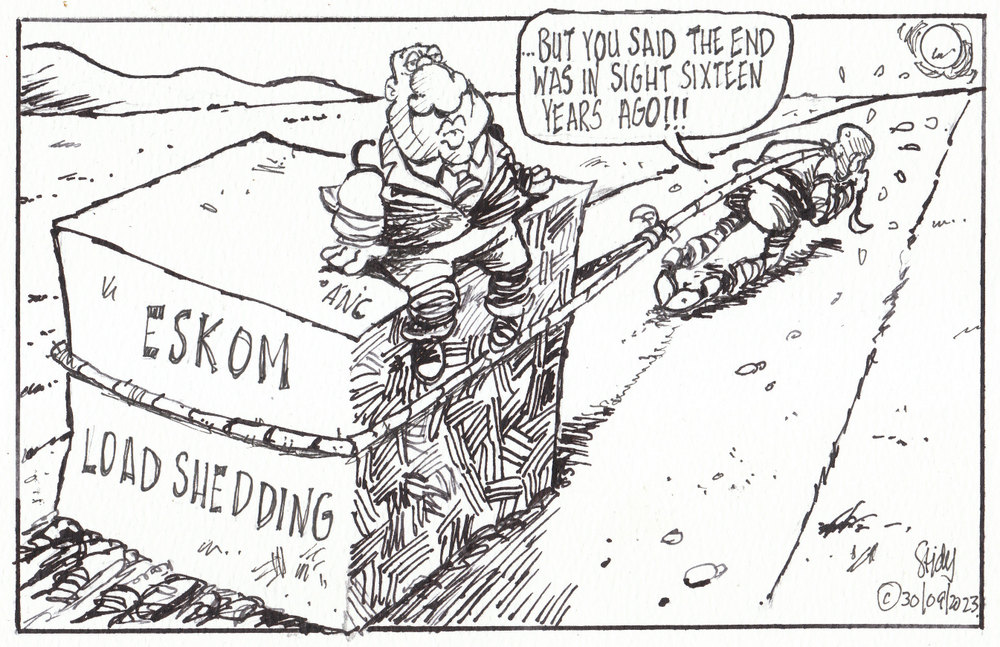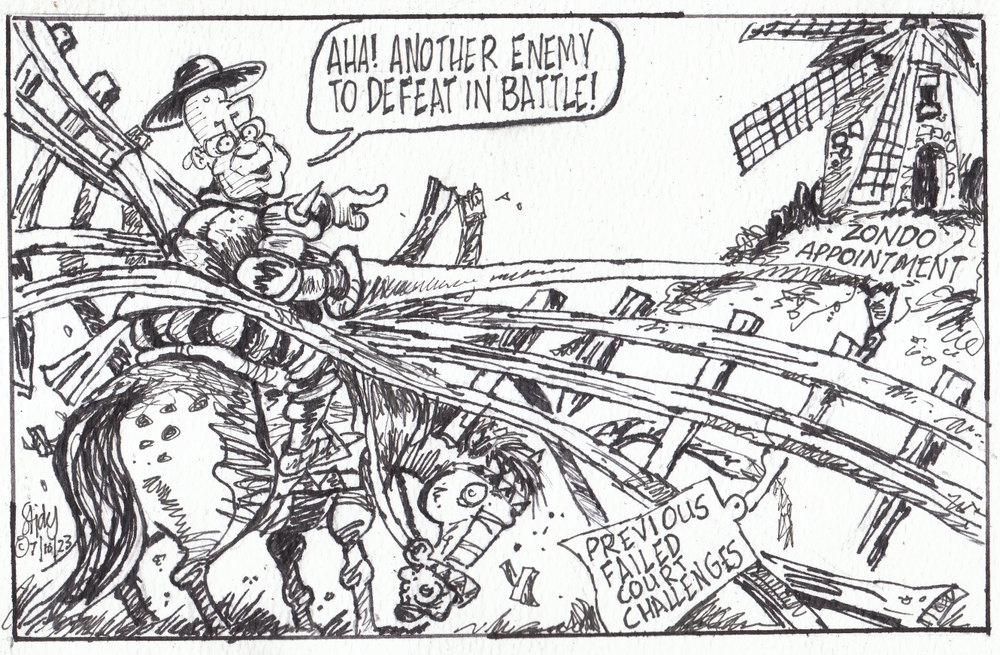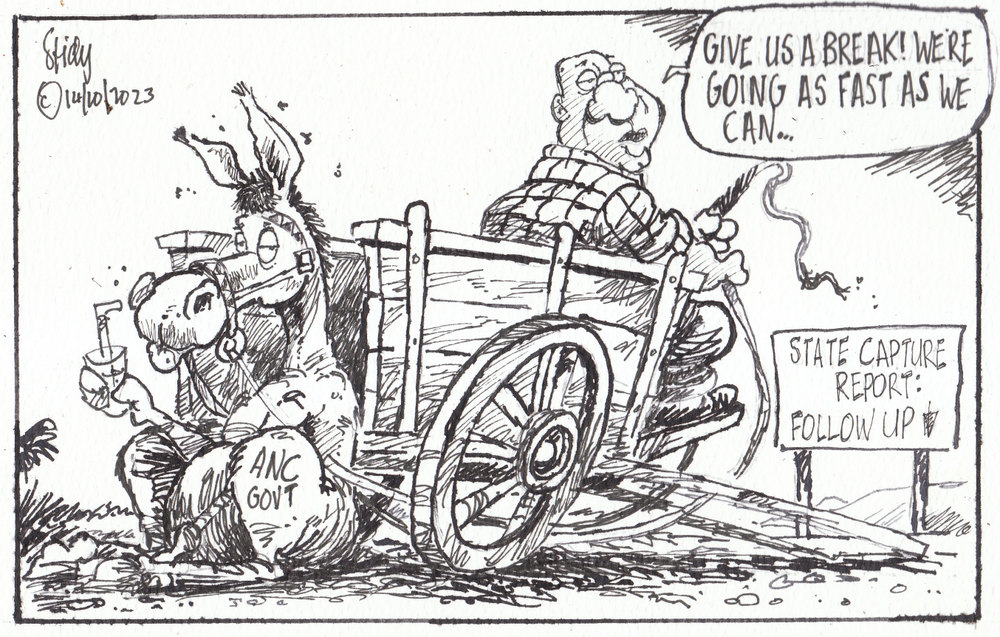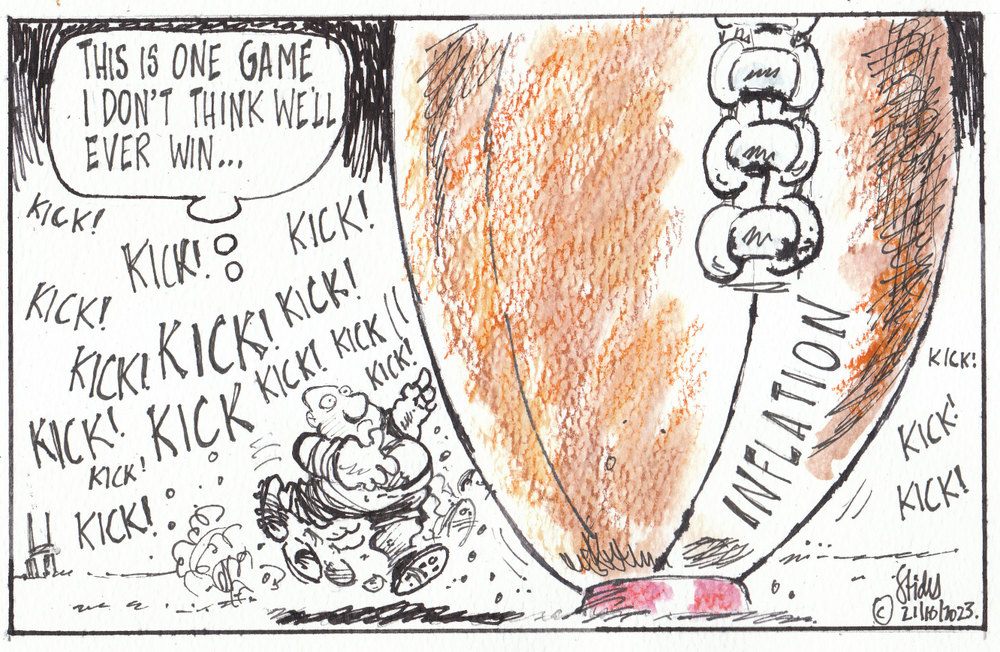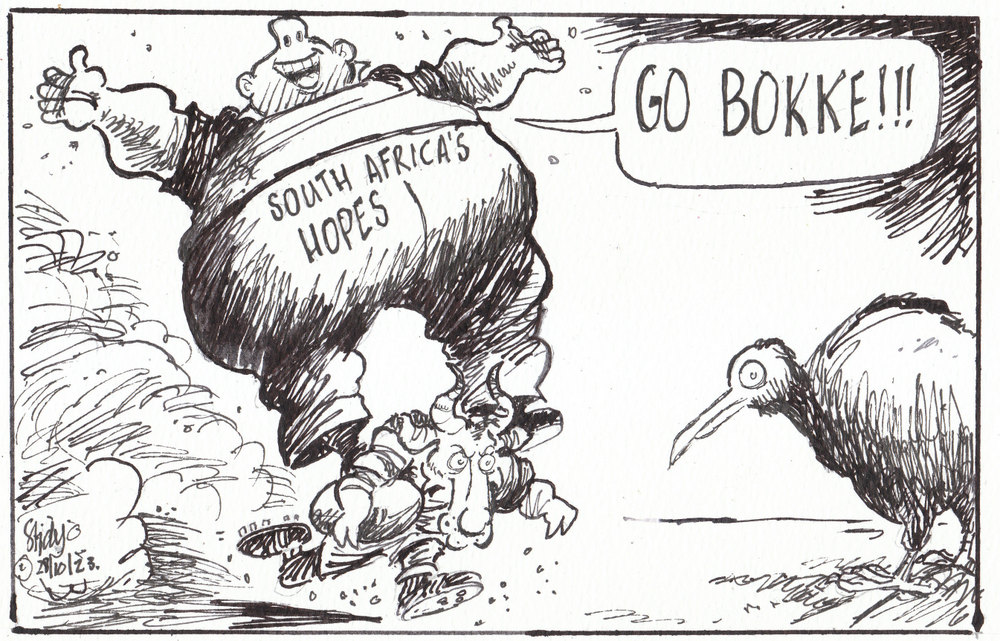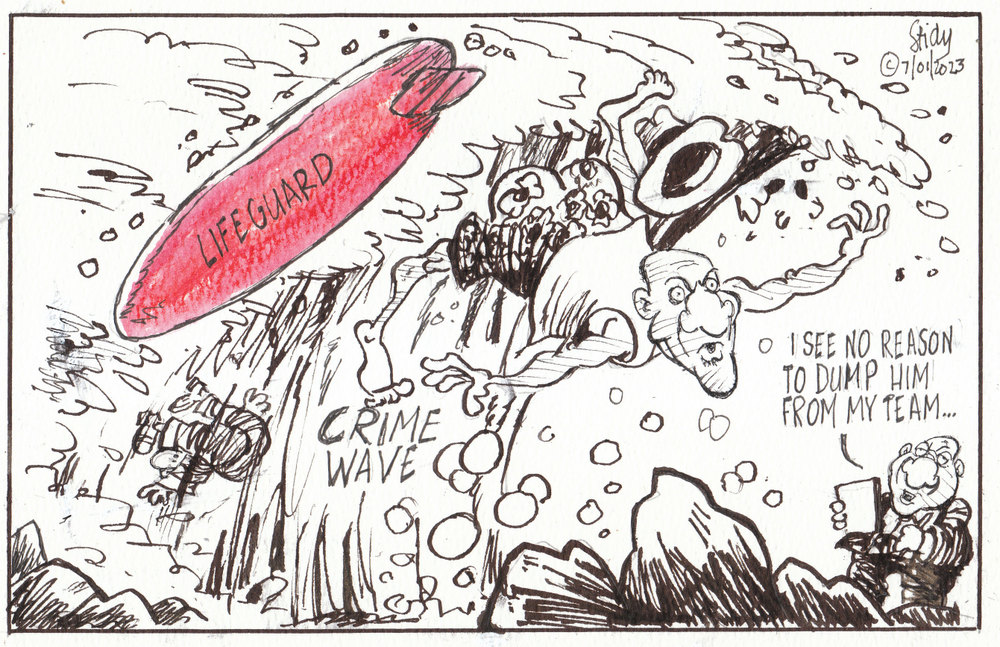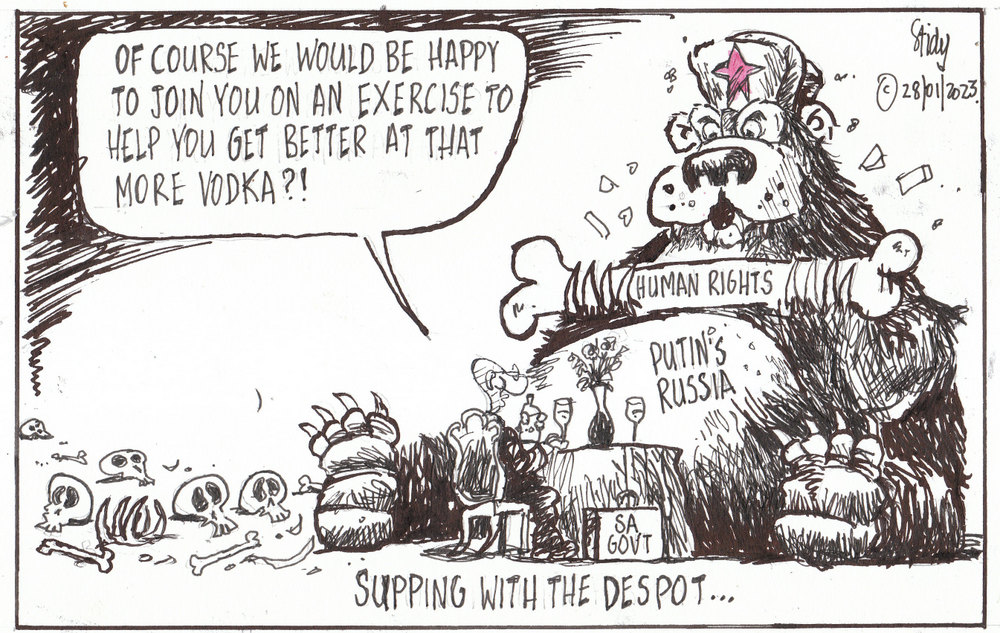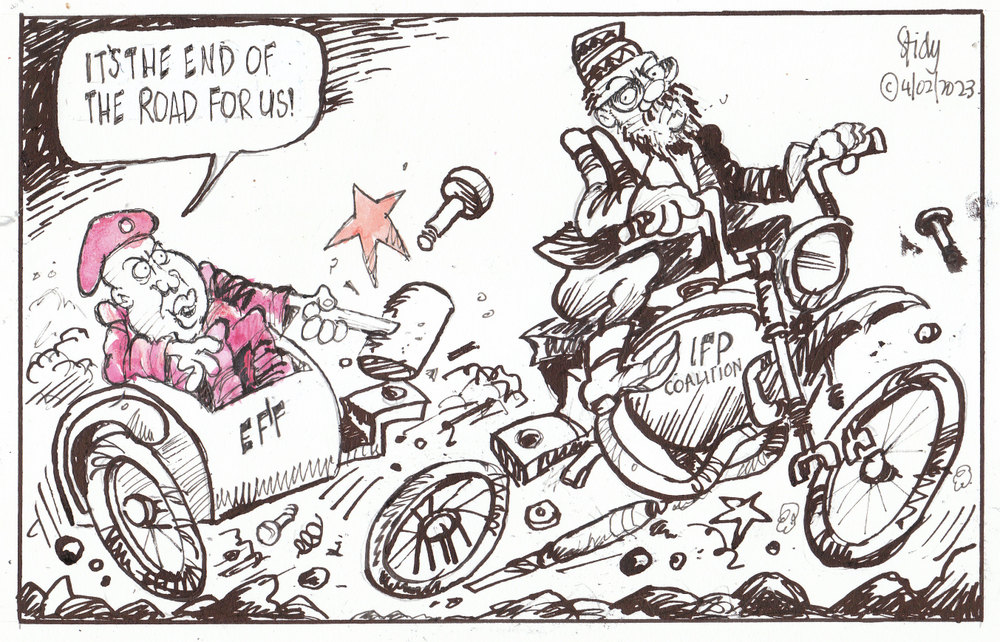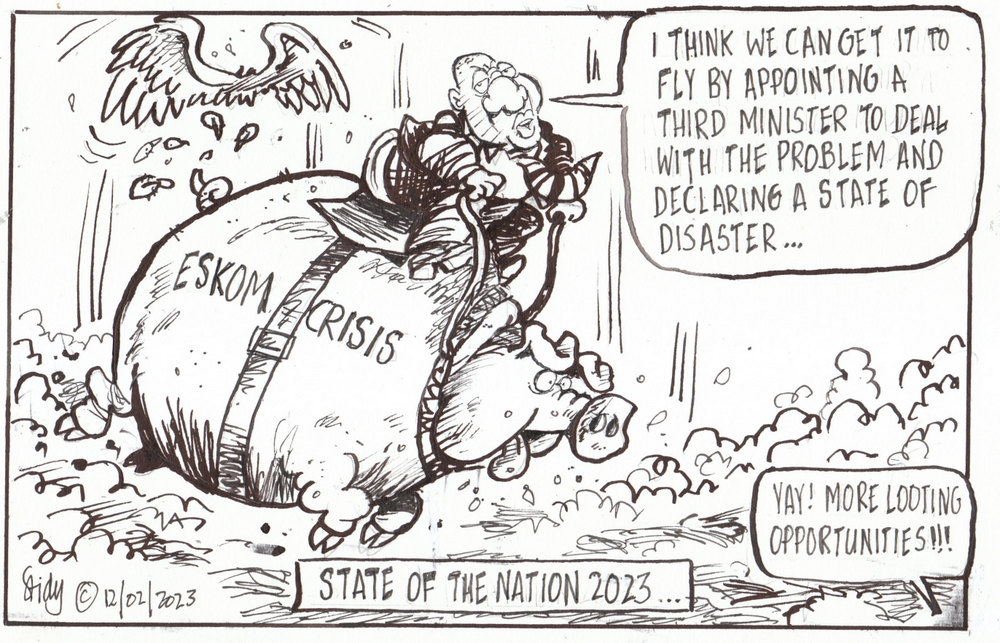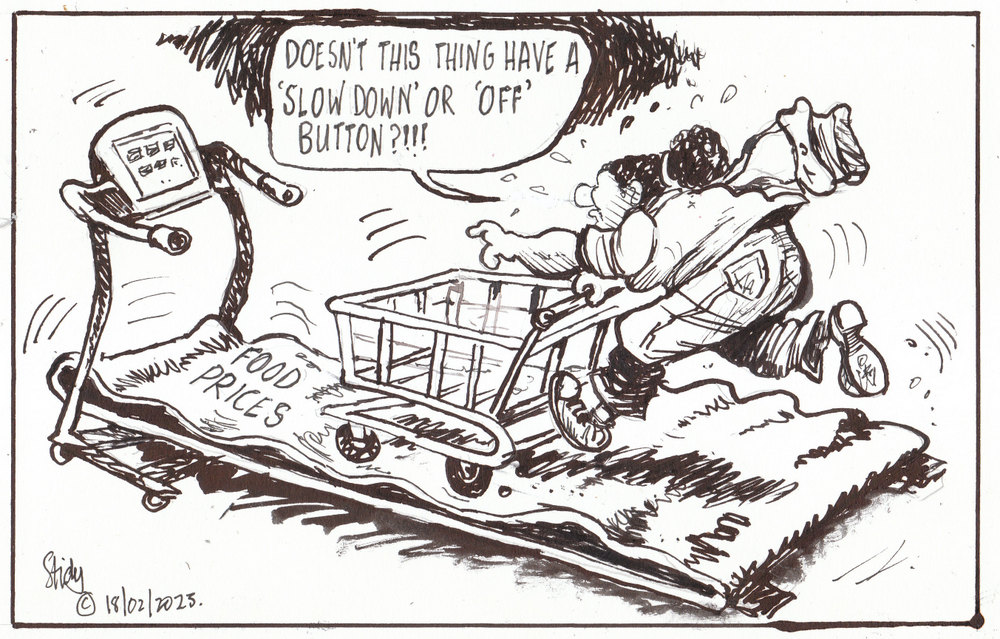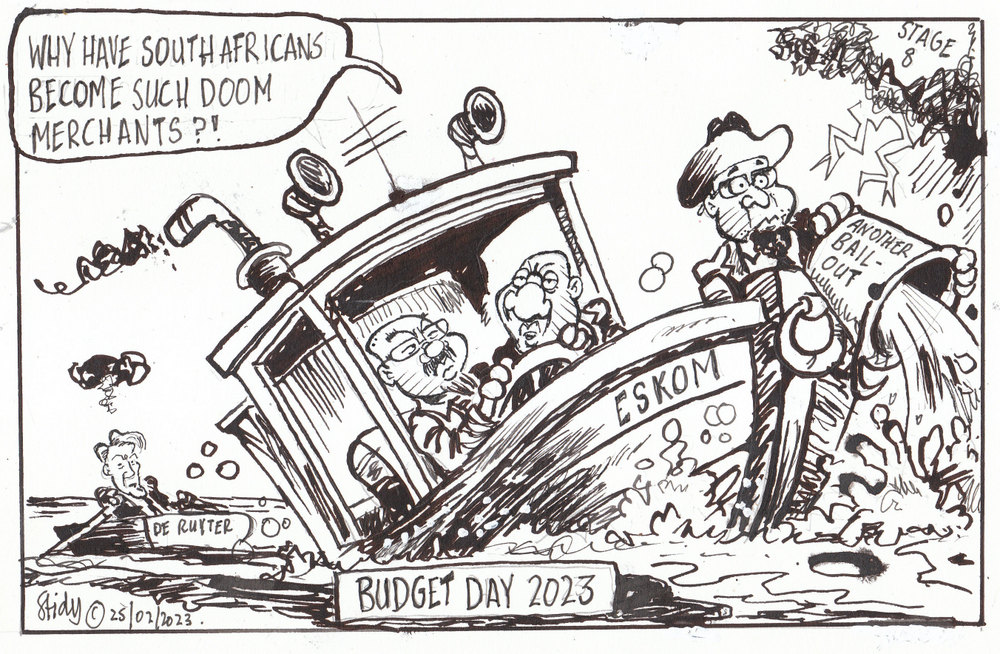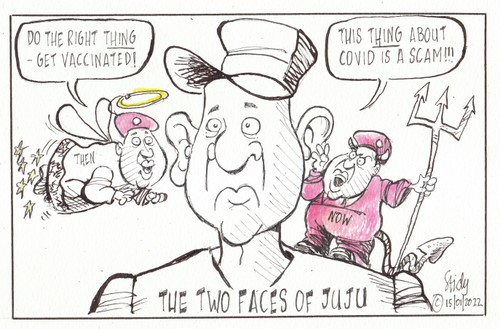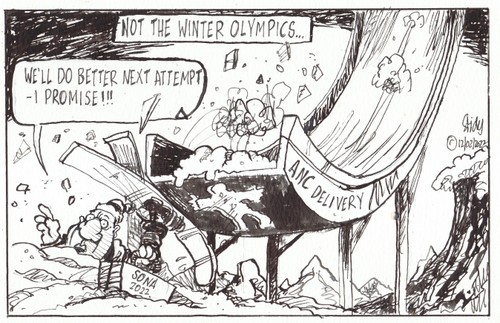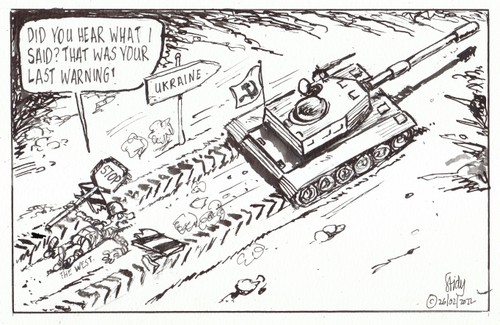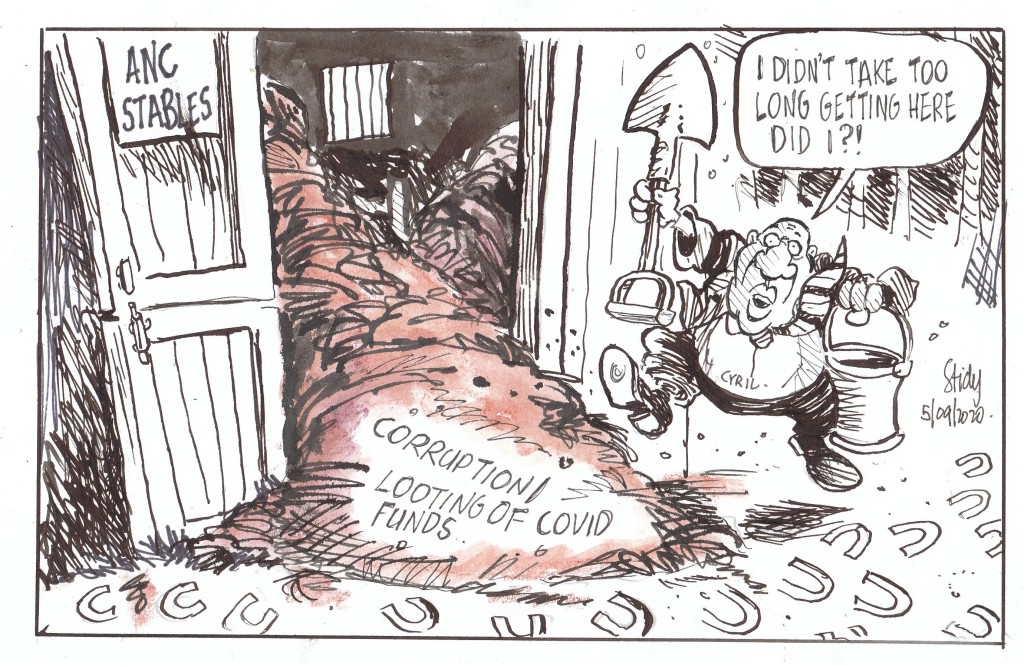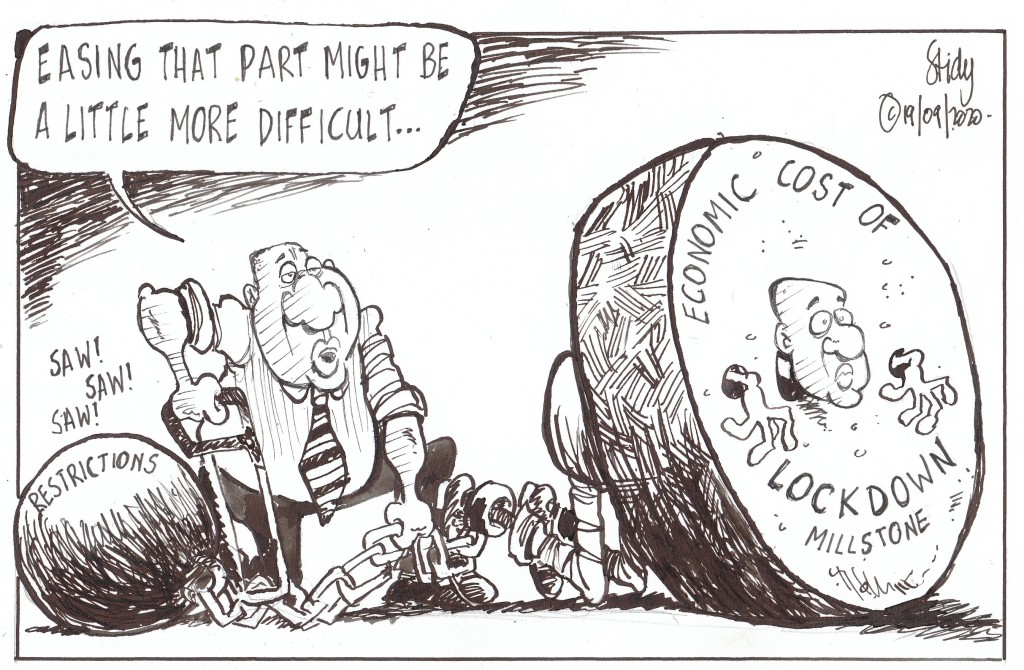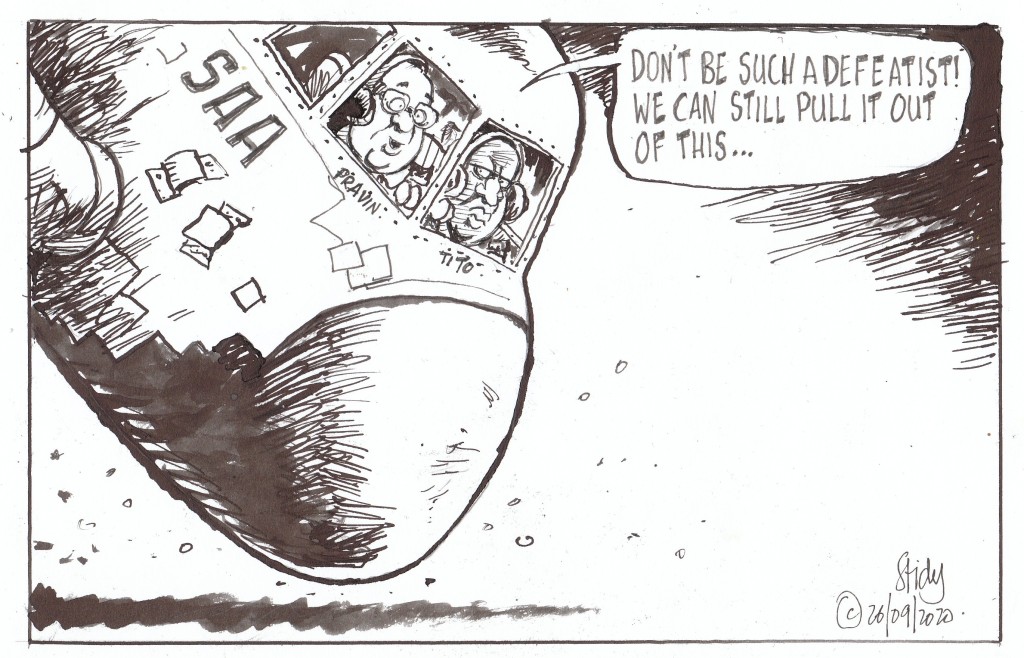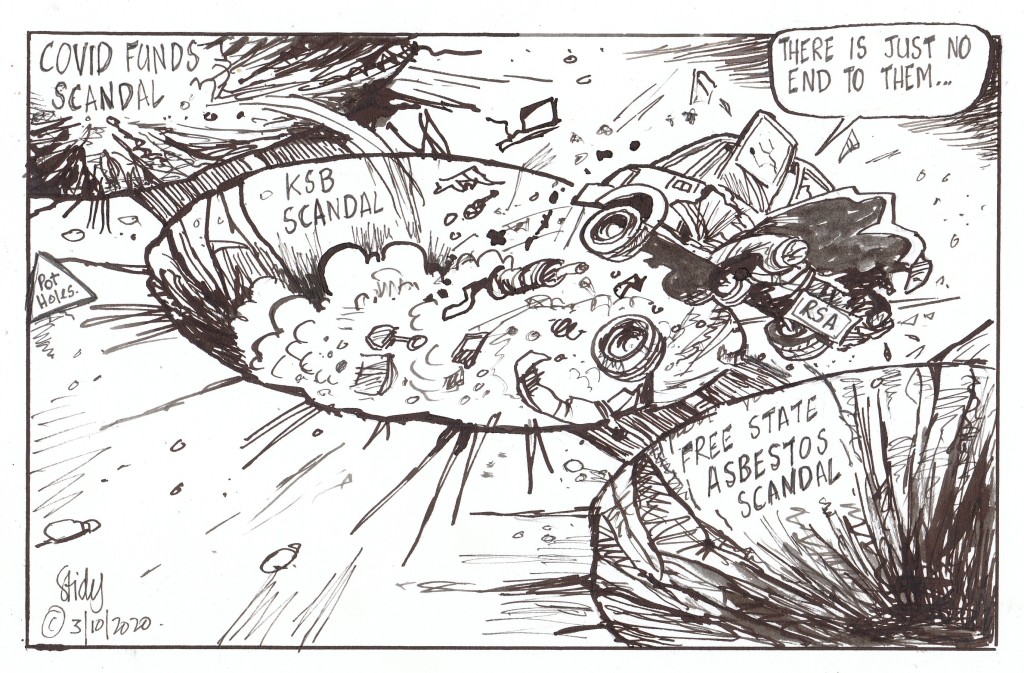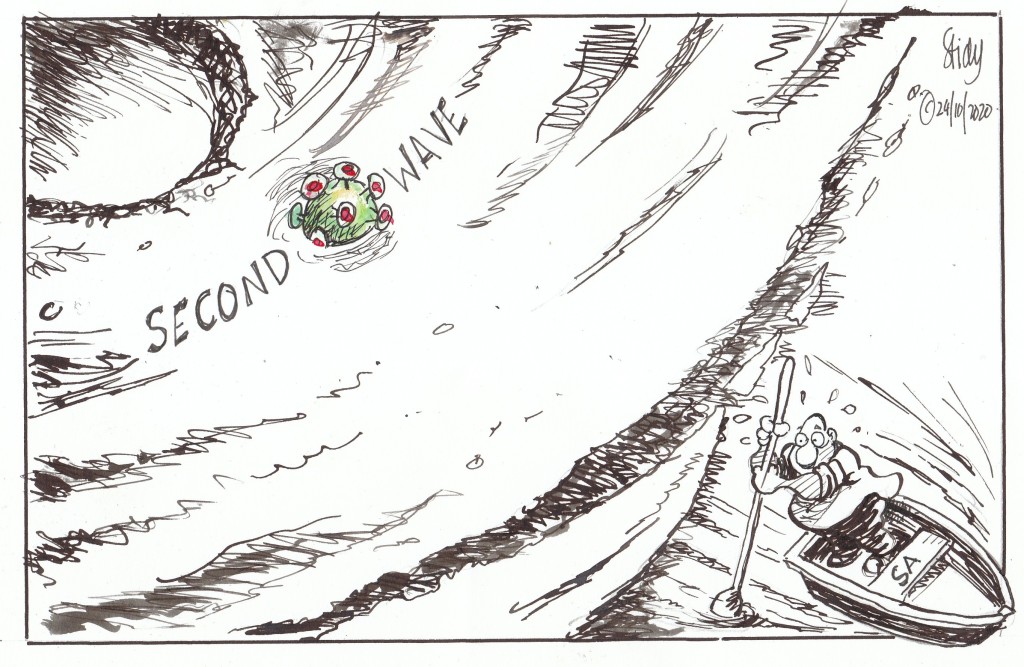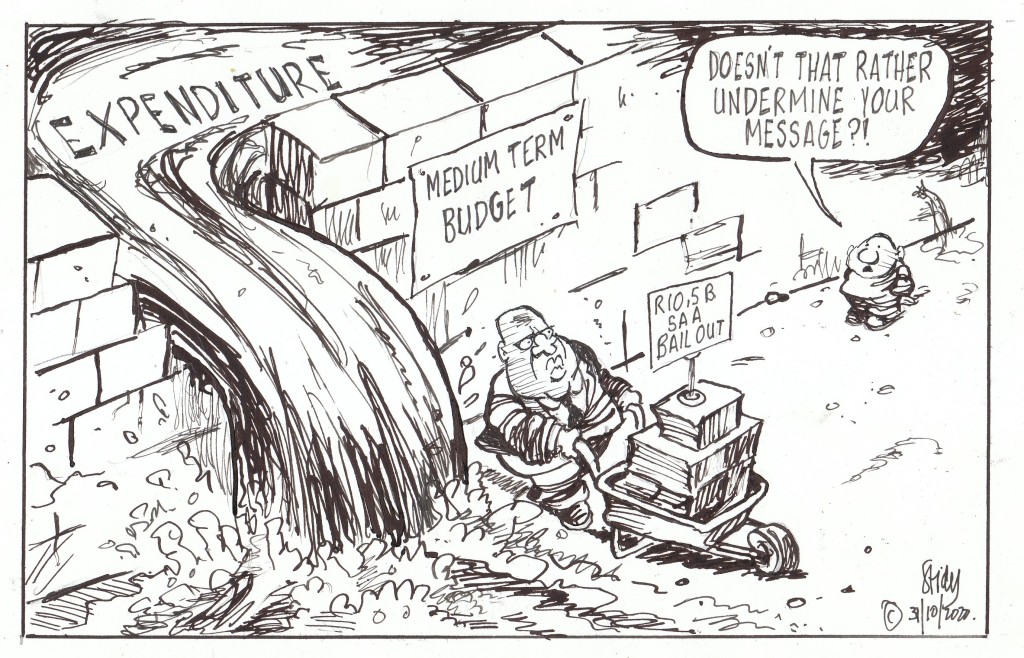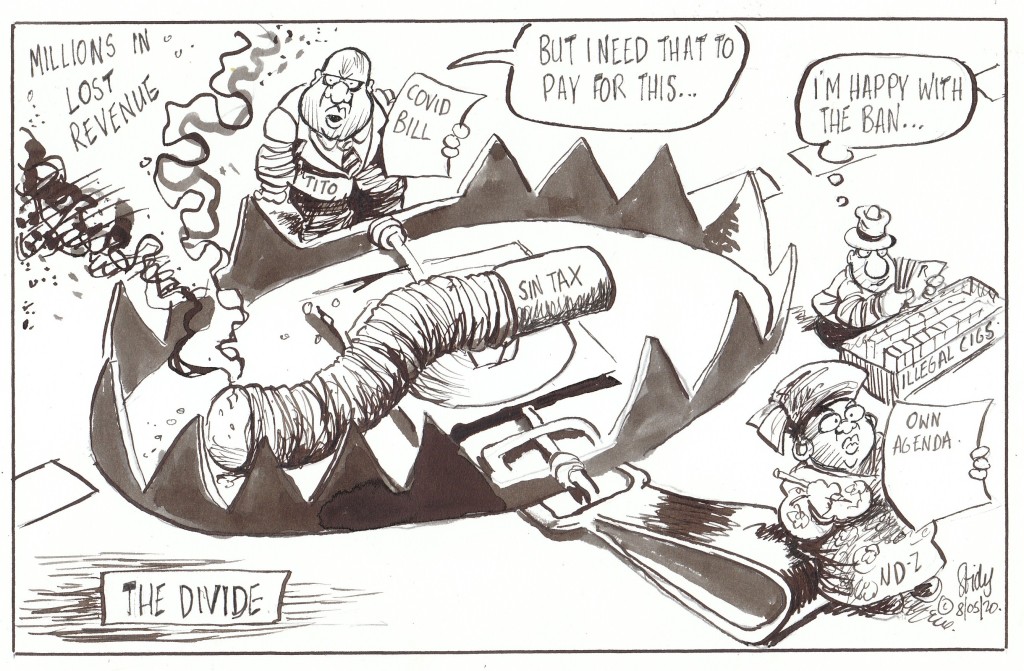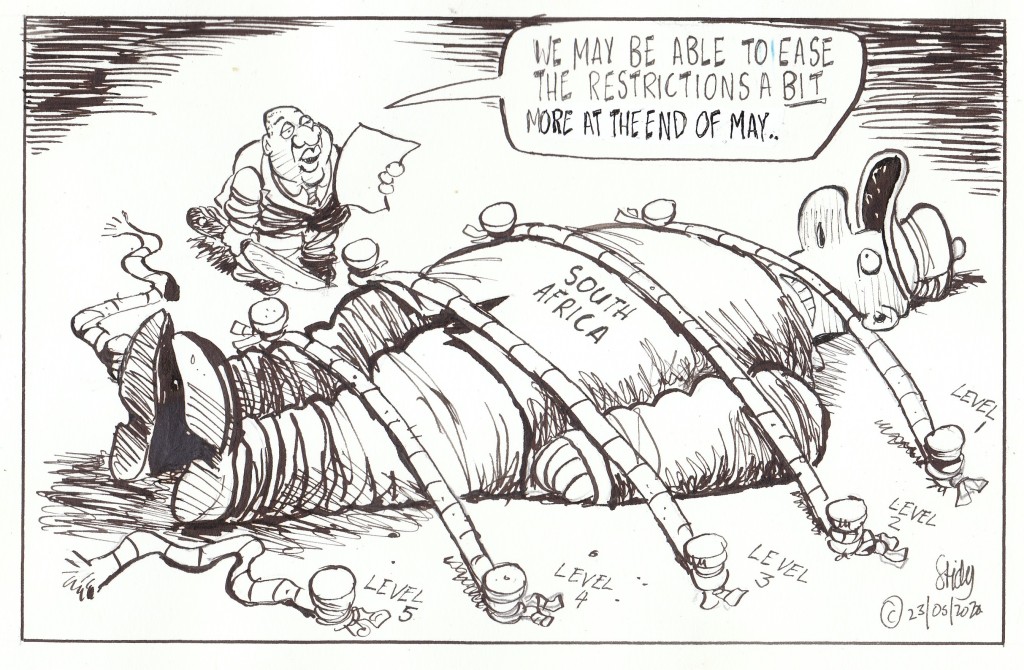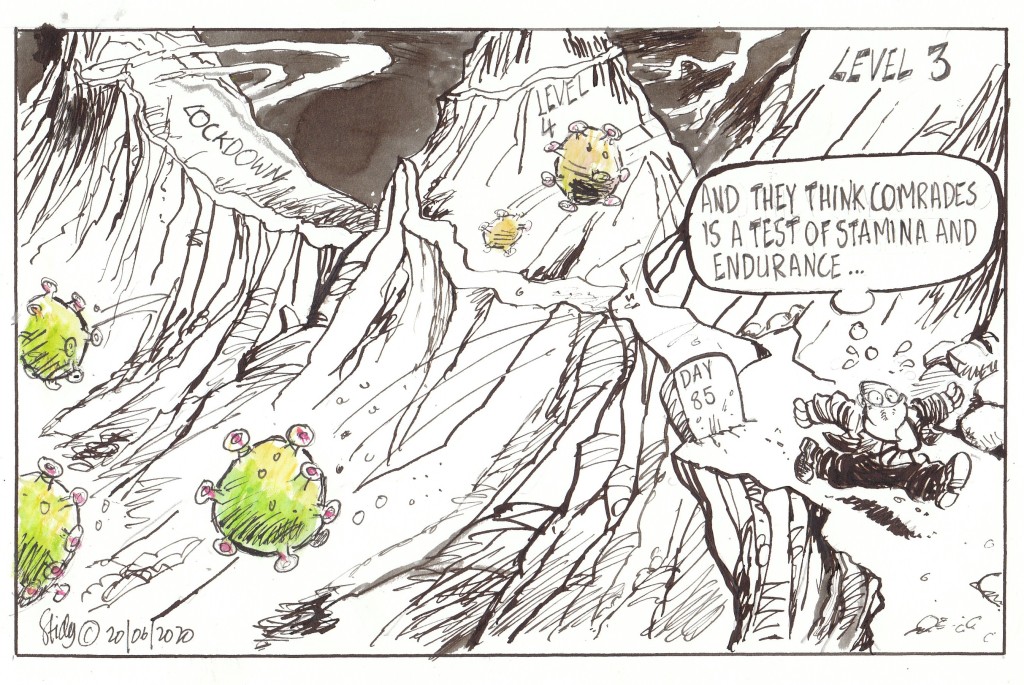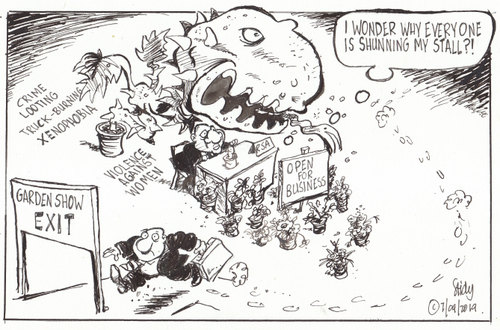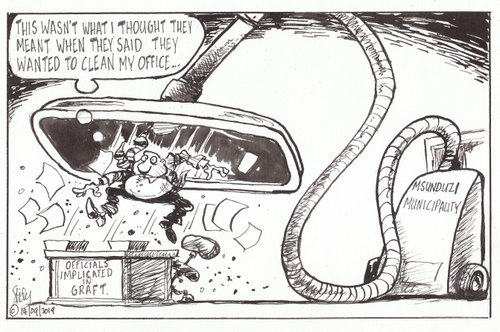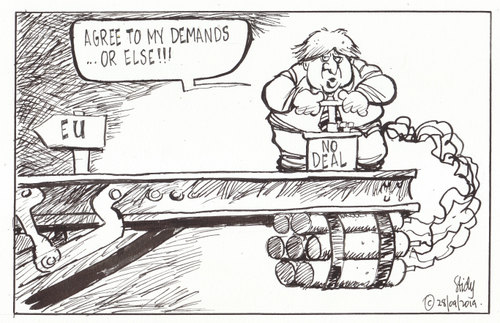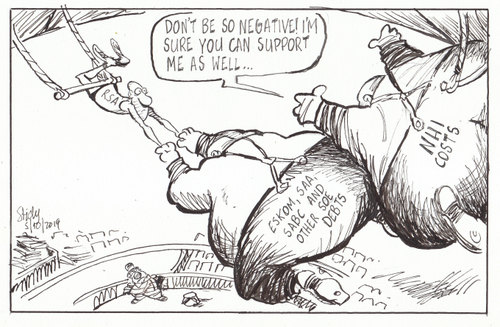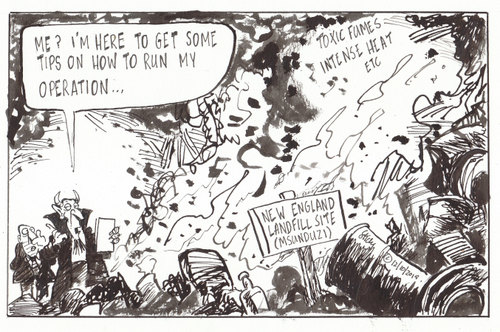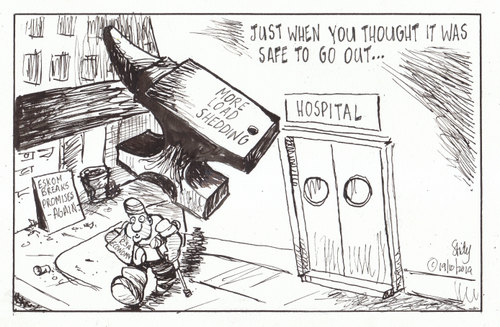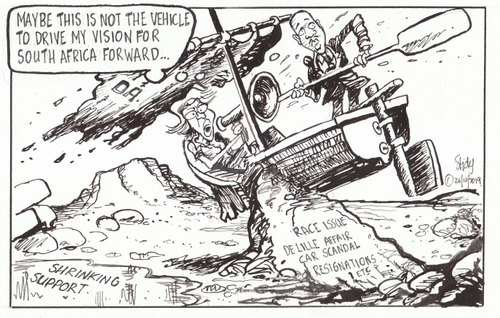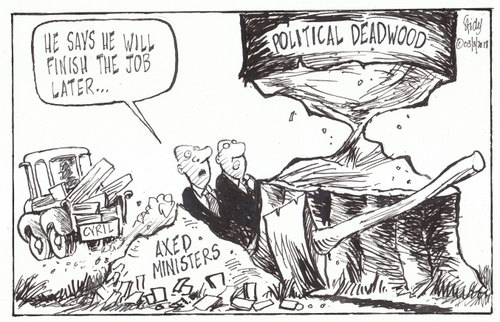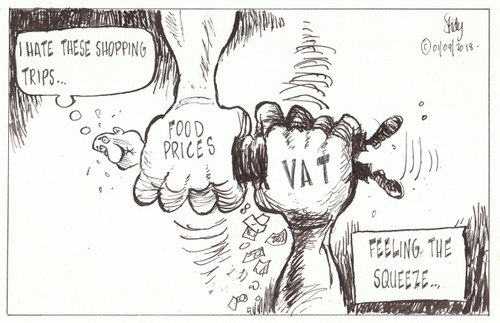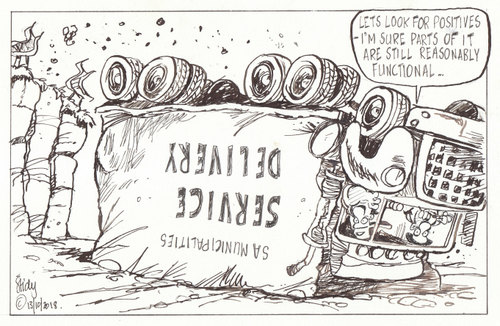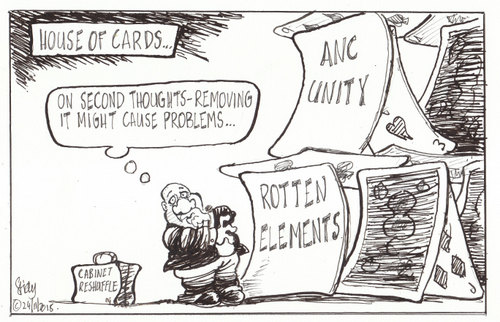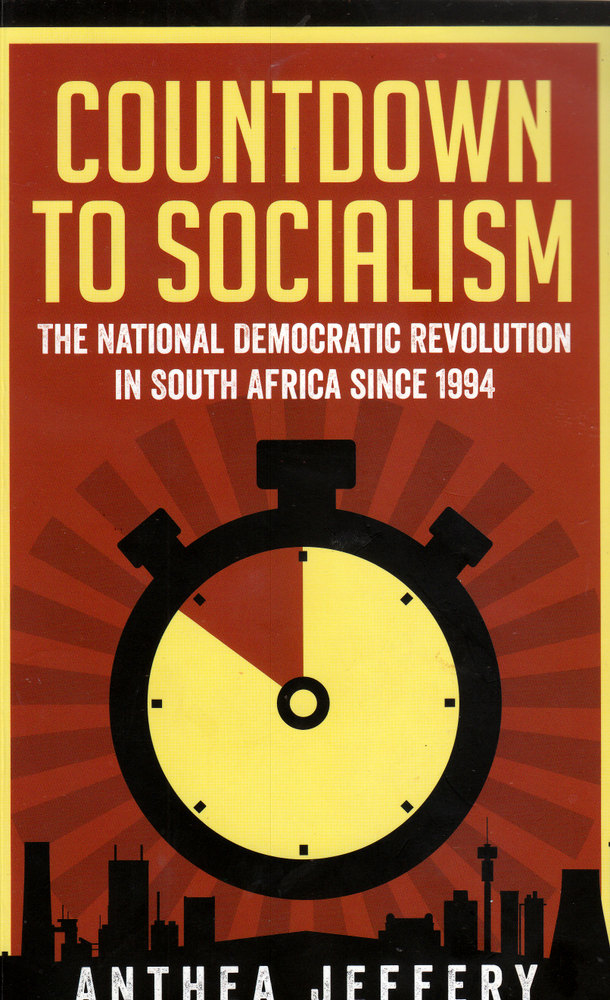
published by Jonathan Ball Publishers
At the time of South Africa’s independence, many observers were lulled into thinking that the ANC was committed to a free and open liberal democracy in which state power would be constrained and the government would be accountable to the individuals who voted it into office. Given the role the party had played in deliberations for South Africa’s much-lauded new constitution such optimism was, in the circumstances, perhaps understandable.
It was also, in the view of the author of this, at times, rather unsettling book, wrong. Far from embracing the neo-liberal narrative with its focus on individuals rather than classes and its built-in system of checks and balances, Jeffery maintains the ANC was only paying lip service to these ideals to buy itself time while it set about strengthening and consolidating its power. For them, the attainment of majority rule marked the first step in a zero-sum game aimed at extending government power and control over every aspect of South African life, while at the same time expanding dependence on the state. Egged on by their alliance party, the SACP, they have remained committed to their mission of “progressive transformation”, the goal of which is to turn South Africa from a capitalist into a socialist country and, ultimately, a communist one. The key to understanding all of this is spelt out in their ‘national democratic revolution’ (NDR) which displays a latent Marxist contempt for liberty and conveniently means that, once the ANC has won the battle of ideas, you won’t need other parties or an independent press because they will have become ideologically redundant.
Throughout the course of her book, Jeffery shows how many of these NDR ‘interventions’ have, in effect, already been implemented. Instrumental to it all, has been the ANC’s policy of cadre deployment – whereby people are promoted to important positions because of their ideological leanings and loyalty to the party rather than their competency, relevant qualifications or ability to perform the job. The effects of this policy, coupled with a now extensive patronage system, have become only too apparent – a bloated, dysfunctional bureaucracy, collapsing infrastructure (think Eskom, Transnet, SAA etc.) and an economy heading towards the edge of the fiscal cliff.
In spite of the negative impact on the country, the prospects of the party changing policy direction, at this stage, appear remote. Jeffery believes that those who hoped that Cyril Ramaphosa would introduce business-friendly reforms when he replaced Jacob Zuma as president of the country badly misjudged the man and that he, too, remains steadfastly committed to the NDR. She also argues that it is a misconception to think that there is a deep ideological divide within the ANC between the Ramaphosa faction and the Zuma RET one.
Jeffery, Head of Policy Research at the Institute of Race Relations, appears vastly well-informed on the subject. Her scholarly, well-paced and unblinkered analysis of our current situation serves as a timely reassessment of where we might be headed under ANC rule. Adding credence to her arguments is that much of her material is taken directly from the ANC’s and SACP’s policy documents and statements.

Published by Penguin Random House
South Africa is a country of great natural beauty with a rich, if turbulent, history. Needless to say, its landscape has evoked a variety of responses from a whole medley of writers. Wanting to taste their experiences, as well as see the land through the eyes of these writers, author Justin Fox decided to set off in the footsteps of some of the big guns of South African literature, exploring those parts of the country which the particular author’s name has become associated with.
Packed solid with vivid chapters and fascinating vignettes, the resultant book is very much a spirited celebration, an elegy to South Africa itself.
Fox’s quest begins, appropriately enough, in the Eastern Cape, the province which provided a home to one of the pioneering giants of South African literature – Olive Schreiner. Her book, The Story of African Farm, which manages to convey both the vastness and the special quality of the arid Karoo and the sense of solitude and insignificance which came from living in it, has gone on to assume the status of a South African classic.
A compilation of this nature could also, obviously, not overlook a writer of the stature of JM Coetzee, the winner of the Nobel Prize for Literature and (twice) the Booker. Using his Life & Times of Michael K as a rough guide Fox undertakes an insightful and movingly described journey back to the farm in the Moordenaars Karoo where Coetzee spent part of his youth.
The other notable authors he includes in his survey are Herman Charles Bosman (the Groot Marico), Eugene Marais (Waterberg), Dalene Matthee (the Knysna forests), Zakes Mda (the Transkei), Sir Percy Fitzpatrick (of Jock of the Bushveld fame) and Deneys Reitz’s accounts of his experiences in the Cape interior during the Anglo-Boer War.
Fox who received his doctorate in English at Oxford and was a research fellow at the University of Cape Town, is an exceptional writer with an ability to draw readers into his experiences with the precision and exact observation of his prose. Wonderfully pictorial, his prose catches with sketch-like deftness the particular feel and spirit – the genii loci – of the places he visits. Like the authors he admires, his passion for the South African landscape shines through on every page.
There is a flip side to this, an emotional sub-text. Amid the beauty, Fox also finds a country beset with crime, corruption and vanishing services where the initial optimism engendered by Nelson Mandela’s release has long since faded, The rural areas have not escaped this spreading malaise and many modern writers also find themselves confronted with the same difficult question that so many other South Africans do – whether to leave or stay? The reactions among them have differed. Coetzee, whose writings have explored the themes of guilt and shame which come from living in a country with a history of apartheid, elected to immigrate to Australia. The poet Stephen Watson, on the other hand, found the thought of severing links with his beloved Cederberg too great an ask and stayed on (although he has since died).
